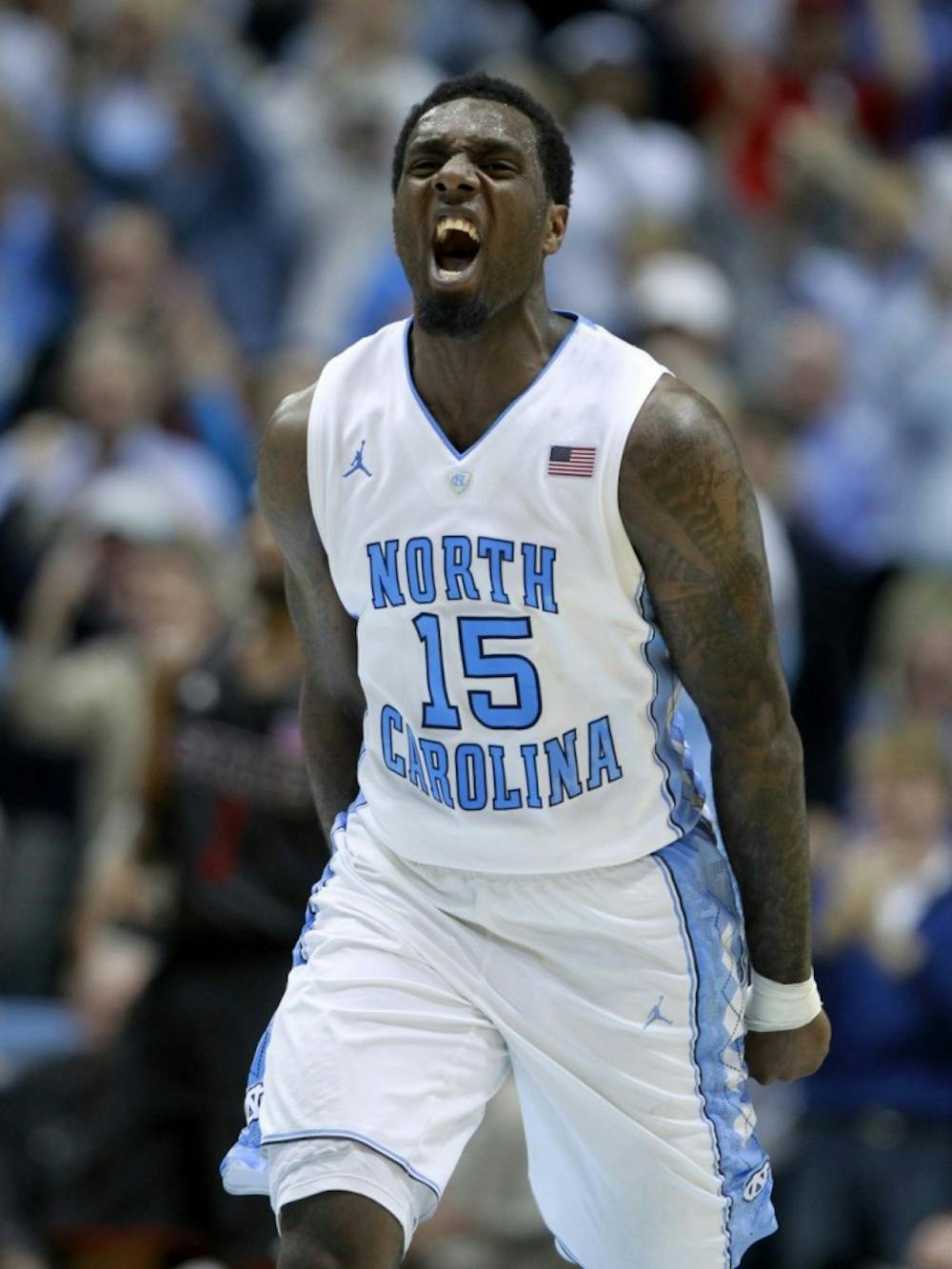Dallas Mavericks owner Mark Cuban made headlines this past week by suggesting that basketball players are better off skipping college and playing in the NBA Developmental League. I whole-heartedly disagree. And since this isn’t Shark Tank, I’m free from the billionaire’s criticism.
Cuban argued that the talent level and rules of the D-League are better suited for grooming future stars, but there’s more to a player’s development. First off, the competitiveness of the D-League comes nowhere near that of the college game. I believe that playing for something is greatly overlooked by fans. In the D-League, players are focused on crafting their skills, hoping their individual skills alone can earn them a call to the big leagues. College basketball, though, is team-based. College players must learn to work within the framework of a team that is much greater than them, playing for schools that are also bigger than them.
The college game also has far superior coaching compared to the D-League. The likes of Mike Krzyzewski, Roy Williams, Bill Self, Rick Pitino and John Calipari have turned out dozens of NBA players. Their ability to lead, develop and teach players are recognized across the game of basketball, despite not coaching at the highest level. These coaches specialize in developing raw talent into refined players. Granted the D-League is full of qualified and intelligent basketball minds, they simply don’t have the brilliant minds that the college game has to offer.
Perhaps the biggest thing the college game has over the D-League is the importance of the games. Between preseason tournaments, high-profile non-conference matchups, conference play, and of course the NCAA tournament, there is always something to play for in college basketball. Players often raise their level of play when the stakes are higher. With big games comes added pressure. College basketball teaches players hard lessons about the necessary intangibles needed to be a professional basketball players. Instead of playing in half-full arenas in second-rate cities around the country, college players are playing is gyms full of boosters, administrators, and students who live and die by their success.
https://twitter.com/DanWolken/status/440131648290824192
The question of how to develop young talent goes beyond just basketball. Soccer pundits across the globe are thinking of how to get the most out of their young players. Particularly in England, where the Premier League is flooded with foreign talent, coaches are looking at how to get their homegrown players playing in the first team. At big clubs like Manchester United, Chelsea, and Liverpool, hundreds of players are enrolled in their academies. Many play for the youth affiliates at U21, U18, and younger levels. But, the competitiveness is not there. Much like in basketball, the competition to simply make it as a professional is not enough. The Premier League has the Premier Academy League, but the matches simply aren’t important enough.
Many players break free of the academies and instead play in the English lower divisions. The players may not be as talented, but there is something more to play for. Players are fighting for contracts to support their families. Cash-strapped clubs are fighting for promotion and against relegation in hopes or remaining a club. Academy games have turned into glorified friendlies playing in empty training grounds or echoing stadiums. There’s something about playing in front of a packed, rowdy crown that simply needs to be experienced.
Player development is no easy task. Projecting talent is so difficult because you have to know things about a person that they themselves don’t even know.
But, I believe the best way to get player prepared is by exposing them to the harsh realities of playing a game for a living.


